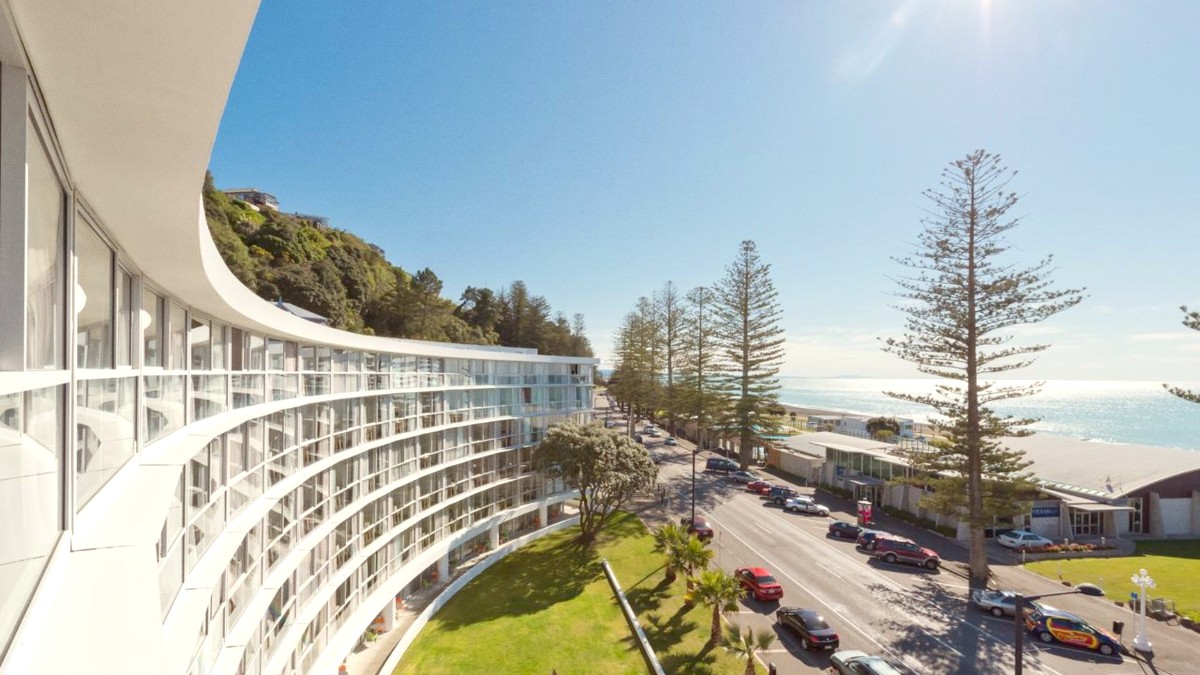
The East Coast, New Zealand
Hawke's Bay hosts several protected areas, including marine reserves (like Pania Reef off Marine Parade) and regional parks. These areas safeguard unique flora and fauna.
New Zealand promotes recycling. Look for designated recycling bins for different waste streams: plastics (types 1, 2, and 5 usually accepted), paper and cardboard, glass (separated by color), and cans (aluminum and steel).
While New Zealand generally has abundant water resources, some areas, specifically in Hawke's Bay during dry summers, can experience water restrictions. Mind your water usage by taking shorter showers and turning off taps when not in use. This aids in conserving this precious resource.
Respectful engagement with local culture and heritage enriches your travel experience.
Napier's Art Deco preservation is a community-wide effort to protect its unique heritage. Appreciate the architecture without touching or damaging historic buildings. Learn about the city's rebuild story.
Always ask for permission before photographing individuals, specifically Māori people or children. Be especially sensitive in cultural contexts or at sacred sites, where photography might be restricted or considered disrespectful. Look for signs indicating photography restrictions.
Choose outdoor gear from companies with ethical production. Patagonia is a notable retailer.
Shop NowOpt for reusable items to limit waste. Package Free Shop offers various options.
Explore NowConscious travel choices positively impact local economies and communities.
Support tour operators or accommodations that directly benefit local communities, especially Māori-owned businesses. This helps tourism dollars contribute directly to the well-being and development of the people and place you are visiting.
Make an effort to choose local restaurants, cafes, shops, and tour operators over large international chains where possible. This keeps money within the local economy and supports local jobs and entrepreneurship.
Ensure your visit directly benefits the local community through thoughtful choices.
Purchasing from local artisans directly supports their craft and community.
Book accommodation that prioritizes sustainability. Ecobnb offers options.
Choose operators committed to responsible tourism. G Adventures is an ethical tour operator.